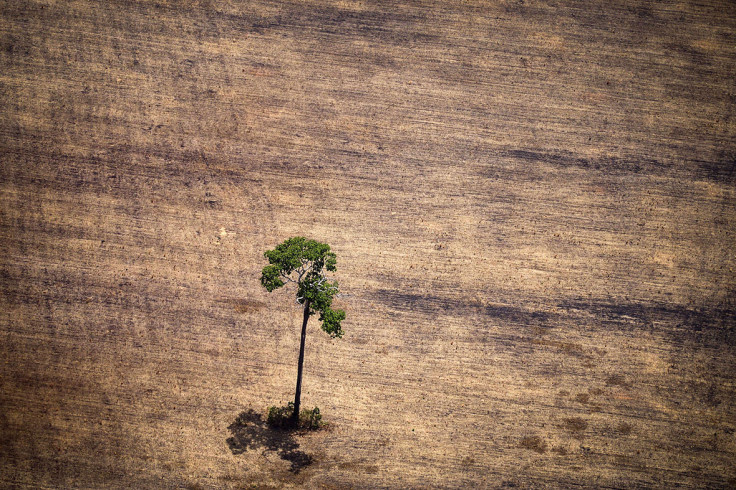What is Earth Overshoot Day? Planet's natural budget for 2015 already spent

Humans are now living in the red in terms of the planet's resource budget – with 13 August marking Earth Overshoot Day 2015. Last year, the event took place on 19 August, meaning we have spent Earth's resources even faster than before.
To mark the day, IBTimes UK looks at some facts about the planet and the demands we place on it.
What is Earth Overshoot Day?
Earth Overshoot Day is tracked by sustainability think tank Global Footprint Network. The day marks the date when our annual demand on the planet exceeds what Earth can regenerate.
We consume 1.6 planets per year
Not literally, but we are currently consuming the equivalent of this in terms of the planet's natural resources. This comes in the form of human actions like deforestation and the build-up of greenhouse gas emissions in the atmosphere. If we continue along our current trajectory, we will consume the equivalent of two planets by 2030, moving Earth Overshoot Day to June.
In 2000, Earth Overshoot Day was in October
Earth Overshoot Day took place early in October 15 years ago. Since then it has taken place earlier and earlier, as we use up the planet's resources faster and faster. If nations across the world manage to reduce emissions by 30% by 2030 (as is hoped the COP21 talks will lead to), Earth Overshoot Day would be pushed back to 16 September that year.
Our carbon footprint has doubled since the 1970s
Mathis Wackernagel, president of Global Footprint Network, said since the early 1970s, the world has gone into "ecological overshoot". "It remains the fastest growing component of the widening gap between the ecological footprint and the planet's biocapacity," he said. "The global agreement to phase out fossil fuels that is being discussed around the world ahead of the Climate Summit in Paris [30 November-11 December] would significantly help curb the ecological footprint's consistent growth and eventually shrink the Footprint."
Visible evidence of overspending
The planet's natural resource deficit can be seen across the globe, with deforestation, drought, soil erosion and species loss taking place daily. At one time, rainforests covered 14% of the planet. This figure is now around 6% and some experts say the remainder could be consumed within the next 40 years.
Economic necessity
Wackernagel said that while they are encouraged by developments in renewable energy, increasing awareness from the financial industry and forthcoming talks in Paris, it is essential the Earth's carbon footprint is reduced: "It is not just good for the world, but increasingly becoming an economic necessity for each nation. We all know that the climate depends on it, but that is not the full story: Sustainability requires that everyone live well, within the means of one planet. This can only be achieved by keeping our Ecological Footprint within our planet's resource budget."
© Copyright IBTimes 2025. All rights reserved.





















